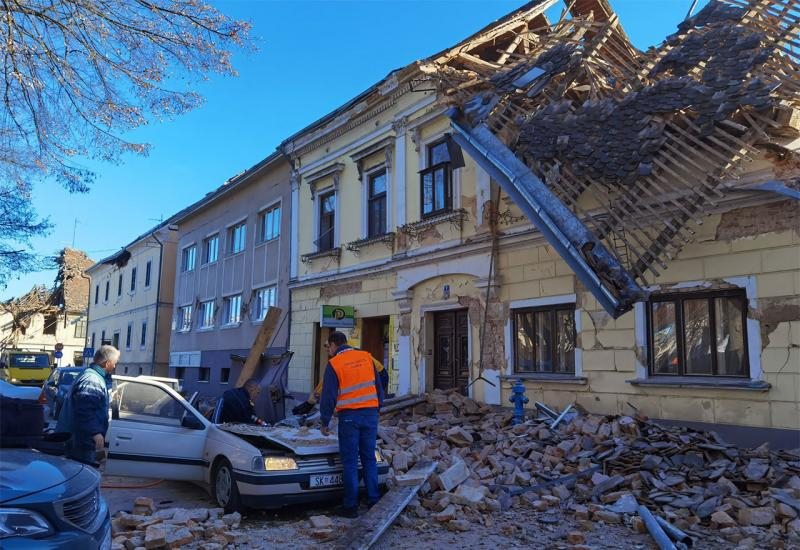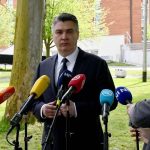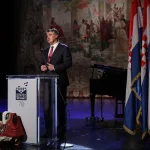Members of the association informed the president of the obstacles and problems encountered by citizens in efforts to have their properties reconstructed. They warned of the danger that time would run out to apply for funds under the EU Solidarity Fund to be used for post-earthquake reconstruction and that the cost of reconstruction of many Zagreb hospitals, schools and kindergartens would eventually have to be covered by taxpayers, the Office of the President said in a statement.
The meeting pointed to the lack of a central body in charge of post-earthquake reconstruction as the key reason why reconstruction was slow and ineffective.
This has resulted in only 75 properties in Zagreb undergoing reconstruction two years since the earthquake, the association’s members said.
Private reconstruction is encouraged, however, numerous buildings are not creditworthy, which is a problem that requires the state’s help in the form of faster compensation for private funds invested, while reconstruction should be compulsory, it was said at the meeting.
For more, check out our dedicated politics section.











